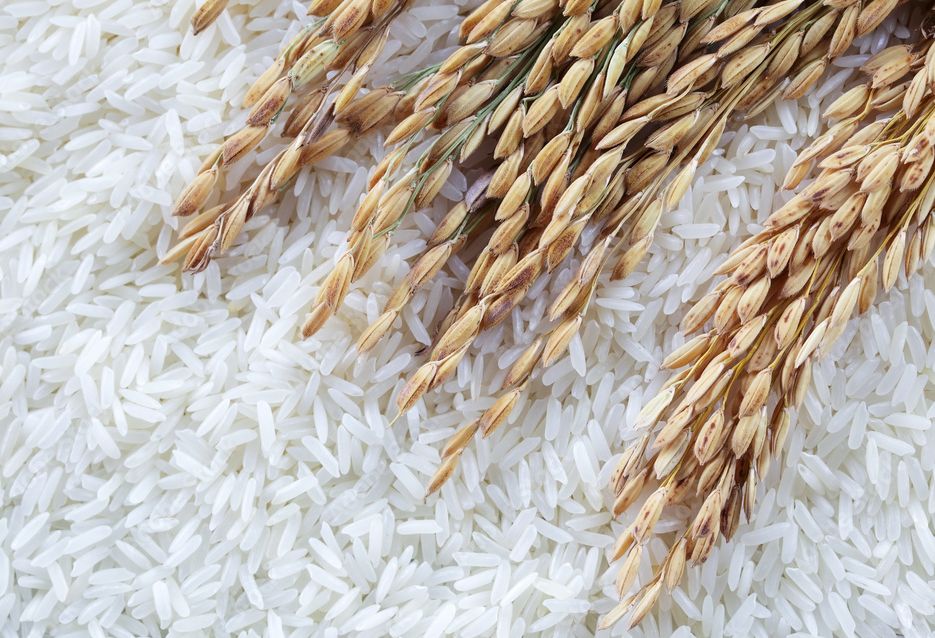Tags
Reduced tariff rates for pork, rice, corn extended until end of 2024

THE temporary extension of the reduced tariff rates for imported pork meat, rice, and corn has earned mixed reactions from stakeholders in Cebu.
On Thursday, Dec. 14, 2023, National Economic and Development Authority (Neda) Secretary Arsenio Balisacan announced during the year-end press briefing that President Ferdinand Marcos Jr. approved the temporary extension of the reduced tariff rates on rice, pork, and corn until Dec. 31, 2024, to “better manage potential inflationary pressures.”
Tariff rates for pork will remain at 15 percent in-quota and 25 percent out-quota, corn at five percent in-quota and 15 percent out-quota, and rice at 35 percent both in-quota and out-quota for the extended period.
In addition, the Neda Board also approved the recommendation to modify the review period for the tariff rate on coal from a semestral to an annual basis. Meanwhile, tariff rates on pork, corn, and rice will be reviewed on a semestral basis.
“The proposed extension of reduced tariffs will help ensure an adequate supply of agricultural commodities and maintain stable and affordable prices, thereby better managing potential inflationary pressures,” Balisacan said.
“We will also be able to encourage alternative supply to diversify the country’s market sources and establish a forward-looking trade policy that will allow effective and timely response for possible supply and price shocks brought about by major challenges such as the worsening African Swine Fever (ASF), the anticipated impact of the El Niño phenomenon and continuous increases in commodity prices in the world market,” he added.
Sought for comment, Jonathan Young, president of the Central Visayas Pork Producers Cooperative. told SunStar on Friday, Dec. 15, that the extension only benefits meat importers.
He said the extension means another year of cheap imported pork meat that does not benefit the end consumers.
On May 24, Young told SunStar Cebu that despite the entry of imported pork with lower tariffs, the prices of pork in the market remained high. This was in response to the appeal of the Meat Importers and Traders Association to Neda to reduce the tariff rate of imported pork and edible inner organs to five percent across the board.
The average cost of pork meat in public markets still exceeds P200 per kilo, according to Young. This has impacted local hog production, as farmers are compelled to sell live hogs at reduced farmgate prices.
Currently, the country’s minimum access volume (MAV) has an allocation of 254,210 metric tons (MT) for pork meat after it was increased by then-President Rodrigo Duterte in 2021 from only 54,210 MT due to the supply gap caused by the ASF spread.
MAV refers to the allowable volume of specific imported agricultural products in the Philippines in concurrence with the World Trade Organization.
According to the Philippine Statistics Authority, the total volume of imported pork stood at 804,780 MT last year, up by 62.7 percent from 494,780 MT recorded in 2021. This was valued at US$1.56 billion, which is 99.9 percent higher than the 2021 record of $780 million.
The highest recorded volume of imported pork in 2022 was noted from July to September at 248,800 MT.
Tariff on rice and corn
Meanwhile, in a text message on Friday, Erwin Goc-ong, vice president of the Grains Retailers Confederation of the Philippines (Grecon), told SunStar Cebu that the tariff rate extension is a welcome development since reduced tariff rates mean lower prices of products.
“We are happy to hear this because we are also consumers. We feel the sentiments of the buying public,” he said.
Goc-ong, in an interview on Dec. 6, said rice sellers anticipated rice prices to go down this month. However, this did not materialize even though the second week of September until October was harvest season. Prices of locally sold rice instead went up due to a reduced harvest.
A sack of Ganador was initially sold at P1,250, but from July to August, the price surged to P2,650 per sack. This month, retailers are selling it for P3,020 to P3,050 per sack.
He said rice millers from Manila are now competing for grains. Another challenge is the increased farm gate prices of grains, which are pegged at P31 per kilo.
Goc-ong noted that there has been an average increase of 40 percent in rice prices since February.
https://www.sunstar.com.ph/cebu/reduced-tariff-rates-for-pork-rice-corn-extended-until-end-of-2024Published Date: December 17, 2023






